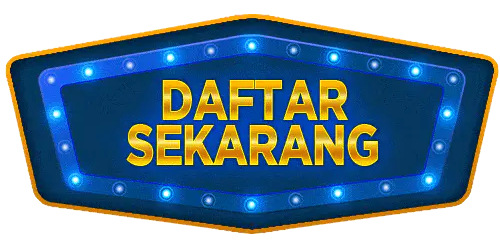SLOT DEPOSIT 5000
TESLATOTO ⚡ SLOT DEPOSIT 5000 SERVER THAILAND CUAN 2024
Couldn't load pickup availability
Teslatoto Slot Deposit 5000 Server Thailand Cuan 2024? Di sini, kami akan membahas segala hal yang perlu Anda ketahui tentang pengalaman bermain slot yang luar biasa ini. Dari fitur-fitur menarik hingga tips terbaik untuk meraih kesuksesan, kami akan membimbing Anda melalui setiap langkahnya
Dengan semangat yang menggebu-gebu, mari kita mulai petualangan ini dan temukan semua yang Teslatoto Slot Deposit 5000 Server Thailand Cuan 2024 tawarkan!
Fitur Unggulan Teslatoto ⚡ Slot Deposit 5000 Server Thailand Cuan 2024
Nikmati keseruan tak terbatas dengan fitur-fitur unggulan Teslatoto Slot Deposit 5000 Server Thailand Cuan 2024. Dari grafis yang memukau hingga pengalaman bermain yang responsif, setiap detik di platform ini dipenuhi dengan kegembiraan. Anda akan merasakan sensasi sebenarnya dari bermain slot secara online, langsung dari kenyamanan rumah Anda.
Fitur-fitur bonus yang menggiurkan, jackpot yang menggiatkan, dan antarmuka yang mudah digunakan membuat Teslatoto ⚡ Slot Deposit 5000 Server Thailand Cuan 2024 menjadi pilihan utama para pemain slot yang menginginkan pengalaman bermain yang tak terlupakan.
Semua ini dan masih banyak lagi menanti Anda di Teslatoto Slot Deposit 5000 Server Thailand Cuan 2024!
Cara Daftar di Teslatoto Slot Deposit 5000 Server Thailand Cuan 2024
Mendaftar di Teslatoto ⚡ Slot Deposit 5000 Server Thailand Cuan 2024 sangatlah mudah. Ikuti langkah-langkah berikut untuk bergabung dan mulai menikmati pengalaman bermain yang mengasyikkan:
- Kunjungi situs web resmi Teslatoto Slot Deposit 5000 Server Thailand Cuan 2024.
- Klik pada tombol "Daftarkan" atau "registration" yang biasanya terletak di bagian atas halaman utama.
- Isi formulir pendaftaran yang muncul dengan informasi yang diminta, seperti nama lengkap, alamat email, nomor telepon, dan data pribadi lainnya yang diperlukan.
- Setelah mengisi semua informasi yang diperlukan, klik tombol "Daftar" atau "Submit".
Dengan mengikuti langkah-langkah di atas, Anda akan segera menjadi bagian dari komunitas Teslatoto Slot Server Thailand Cuan 2024 dan siap untuk merasakan keseruan bermain slot online yang ditawarkan.
Share



